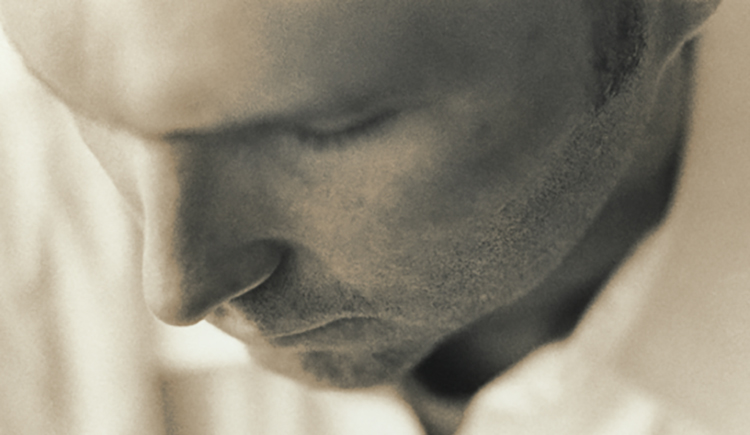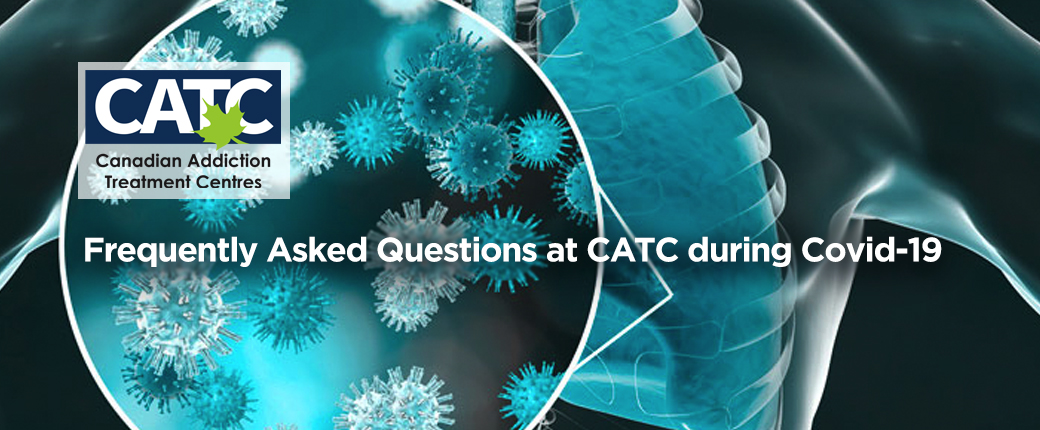How can I tell if someone is struggling with Opioid Addiction?

Opioid Addiction is a tragic crisis that is impacting not only Canada, but all over the world. Opiates cover a huge variety of drugs, ranging from legal drugs such as fentanyl, codeine, and morphine to illegal drugs such as heroin and opium. What is concerning is that prescription opiate abusers are far more likely to eventually develop a heroin addiction than a non-opiate abuser, as illegal drugs will offer a similar high at a cheaper price. What are the signs that someone you know is suffering from an addiction?
- Physical Signs – There may be physical signs that someone is abusing an opiate. These signs include noticeable elation or euphoria, marked sedation or drowsiness, confusion, constricted pupils, slow breathing, or difficulty going to the bathroom.
- Doctor Shopping – In order to hide their addiction but still have access to necessary prescriptions, many will resort to having multiple doctors. If you notice medication from other doctors, commentary around visiting other doctors, it would be wise to look for other signs as well.
- Social Challenges – Ranging from withdrawing from social interaction and choosing isolation, to shifting dramatically in moods are also signs that a person may be struggling with an addiction.
- Financial Problems – Is the person struggling financially? Could it be because of a hidden addition that has tapped their financial resources? It is a sign that should sound alarm bells, as it may be more than just a ‘rough patch’ someone is going through at work.
Addiction is a disease and can consume a person, despite them wanting to stop. Shames, fear, lack of acceptance are just a few reasons someone may not be facing their addiction. While there are signs we can see as friends, families, and loved ones we have to pay attention, monitor, and approach with caution. If you are struggling to help someone and would like more information contact us for additional support.








